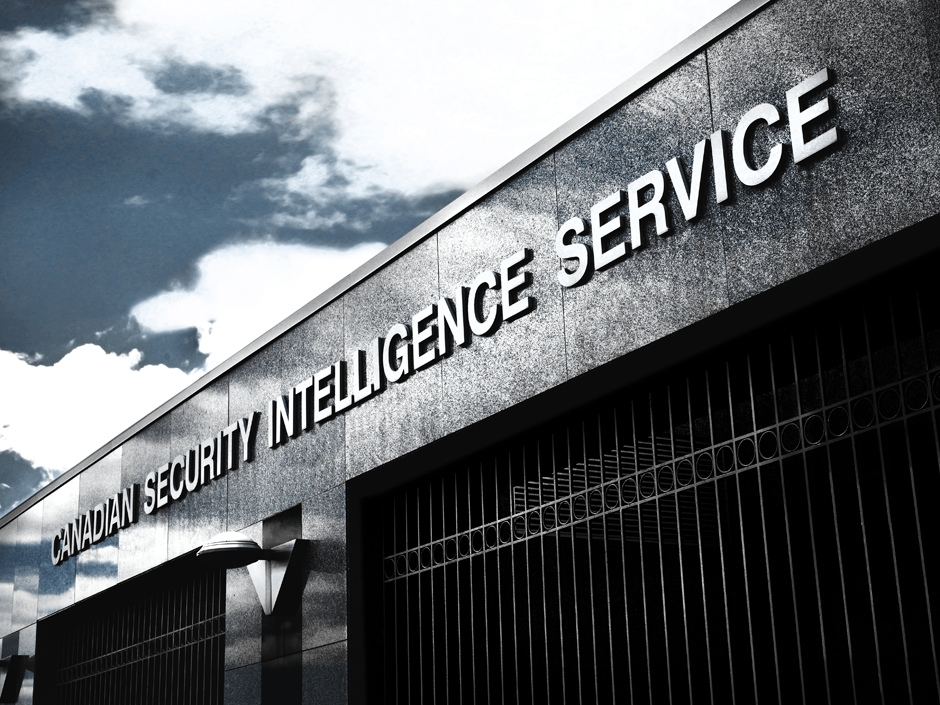Canada’s intelligence services say they’re struggling to balance reconciliation efforts with continuing to spy on Indigenous Peoples.
Agencies like the Canadian Security Intelligence Service have been tasked by the Liberal government with implementing the Truth and Reconciliation Commission’s 94 calls to action and the United Nations Declaration on the Rights of Indigenous Peoples.
However, many operatives are complaining that it’s hampering their ability to spy on Indigenous communities.
“We decided we would smudge before conducting surveillance on a rally but the activists saw what we were doing and came and joined us,” said one CSIS agent who asked not to be named.
“I suppose that’s reconciliation right there, us coming together like that, but our cover was completely blown.”
Another problem arose when the RCMP’s national security wing invited renowned Indigenous academic Peyton King to deliver ‘Aboriginal awareness training’ to operatives in that agency.
“The operatives learned about the history of Indigenous Peoples, which is great,” said a senior RCMP official.
“But it worked too well because the agents eventually refused to spy on Indigenous people saying they didn’t want to contribute to on-going settler-colonialism and state violence.”
While some Indigenous leaders praised the federal government’s efforts to push reconciliation, others say it’s too skewed.
“I mean, good for them for trying, I guess,” said Chief Herman Boushey, from the Long Lake First Nation in Ontario.
“But I’d prefer if they just stopped spying on us.”
A spokesperson from the federal government said the Solicitor General, which oversees intelligence, would review the reconciliation process sometime after the next election.
[kofi]

